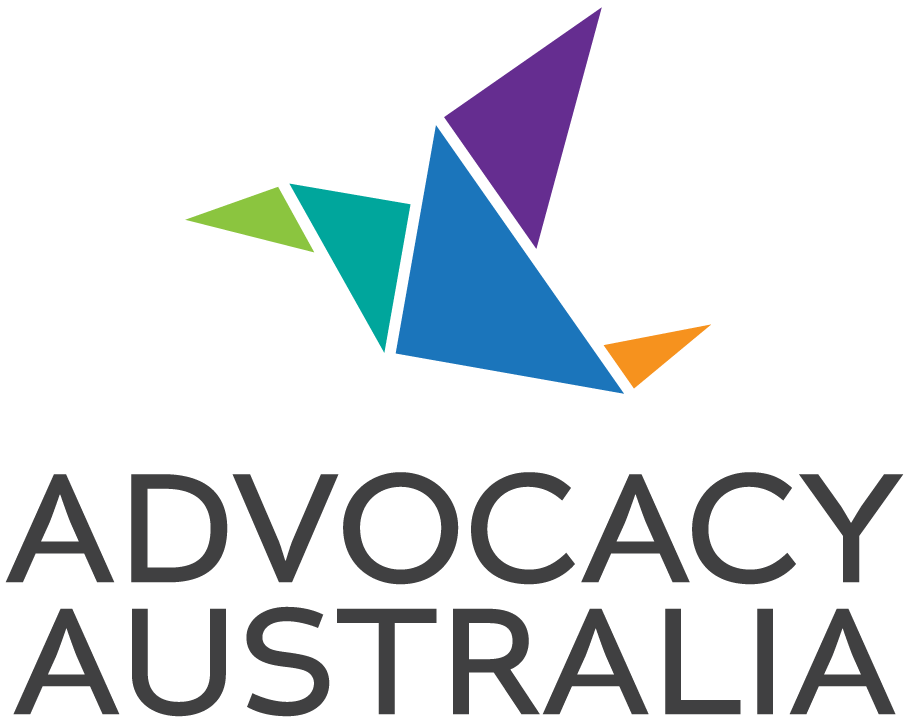
Four years following the brutal killing of 10-year-old Bridgette “Biddy” Porter by a teenage girl known to her; Biddy’s parents, Rebekah and Dominic are fighting for justice for their precious little girl who, until now, has been made invisible by a system her parents say is focussed on protecting their daughter’s killer, rather than meeting community expectations and achieving justice for their daughter and her loved ones.
Knowing the horror Biddy suffered, Rebekah, a former mental health support worker, and Dominic, a former bank manager, are now unable to function normally. Now in their mid-40s, both continue to suffer severe anxiety and complex post-traumatic stress disorder (PTSD). They are unlikely to ever work again or lead normal lives.
Biddy’s parents are calling for Parliamentary Inquiries into the NSW Office of the Director of Public Prosecutions’ (DPP) handling of the case against Biddy’s self-confessed killer and the Mental Health Review Tribunal’s (MHRT) lack of transparency and accountability; reform of the Department of Communities and Justice Victims’ Support Services (VSS); and, a Coronial Inquest into the circumstances surrounding Biddy’s death.
“The DPP also has a responsibility under the ODPP (NSW) Prosecution Guidelines to recognise the inherent interests of victims; the views of victims including those relating to the statement of agreed facts; and, to serve the public interest with a duty of fairness to the community including evaluating the seriousness of the offence.”
With Biddy’s killing considered Australia’s most heinous killing of a child by another child compared only to the horrific UK murder of two-year-old James Bulger by two 10-year-old boys; the brutal killing of Biddy Porter in July 2020, was so vicious and so heinous that the Supreme Court of NSW ordered the details of Biddy’s injuries be suppressed for twenty (20) years.
However, unlike James Bulger, Biddy wasn’t abducted and murdered by strangers but was brutally killed by a young person she trusted.
According to videos released by police that featured in media, when the offender was arrested at around 8:30am, 8.9 kilometres from where Biddy was killed, her killer was seated outdoors at a neighbouring property.
Displaying no obvious signs of distress or evidence of her heinous act; Biddy’s killer was calm, clean and relaxed when she confessed to killing Biddy and told police that she knew killing Biddy was wrong.
The defence offered a guilty plea to manslaughter due to ‘substantial impairment’. However, the DPP recommended proceeding with what used to be known as ‘Not Guilty by reason of Mental Illness’ (NGMI).
The hastiness with which this decision was made raises several questions.
A week out from the first anniversary of Biddy’s killing, in recommending rejecting the manslaughter plea, the DPP Senior Council advised Biddy’s distraught parents that under NGMI, Biddy’s killer would be subject to a ‘limiting term’ estimating 13 to 18 years which would be longer than the non-parole penalty for manslaughter.
However, with no ‘limiting term’ ordered by Acting Justice Simpson in a special hearing; under the Mental Health Cognitive Impairment Forensic Provisions Act 2020, the MHRT has absolute autonomy with the power to determine at any time, when to release Biddy’s killer back into the community with her identity forever hidden under the Children’s (Criminal Proceedings) Act 1987 (NSW).
According to Biddy’s parents, the extraordinary, independent and unpredictable powers of the MHRT became evident when the MHRT failed to inform Biddy’s parents in a timely manner of the killer’s application for escorted leave – a requirement under the Mental Health and Cognitive Impairment Forensic Provision Act 2020 which compromised Biddy’s parent’s ability to seek appropriate legal representation to object to the application.
Greatly distressed by the MHRT’s decision, and while struggling to comprehend why the DPP rejected a guilty plea to manslaughter; Biddy’s parents wrote to the DPP requesting full access to the police brief of evidence and the statement of agreed facts contained within ‘Exhibit A’ which the DPP had presented to the court.
While NSW Police had no issue with Rebekah and Dominic having open access to the brief of evidence (excluding crime scene photographs), the DPP refused the request outright, citing the Government Information (Public Access) Act 2009 (GIPA Act).
Ms Sally Dowling, Director of Public Prosecutions advised that under the GIPA Act, she did not consider it would be in the ‘public interest’ to provide the brief of evidence prepared by NSW Police to Biddy’s bereaved parents, despite having the power to do so should she choose to.
Biddy’s parent’s request for the statement of agreed facts that influenced the outcome of the judicial processing of their child’s killer was also refused. However, the DPP later offered to arrange limited, partial access, permitting Rebekah and Dominic restricted, supervised ‘viewing’ of just part of the 41-page legal document in a controlled environment within DPP offices, without the benefit of independent legal advice.
The tragic irony of the DPP’s decision is that in the court’s Judgement (point 34), on appropriate application, media could gain access to “Exhibit A” which contains the statement of agreed facts.
Mr Donato MP said, “The devastating impact of Biddy’s heinous killing is compounded by what her parents believe to be a gross miscarriage of justice and a significant lack of appropriate support services.
“With questions surrounding the DPP’s refusal to allow Biddy’s parents unrestricted access to the documents including the statement of agreed facts tendered to the court, calls for an inquiry into the DPP’s management of the case are justified,” Mr Donato MP said.
Clare Collins, Chair of Advocacy Australia supports the call for inquiries, essential reform of victims’ services and an inquest into Biddy’s death.
“Under the automatous governance of the DPP and the MHRT, there appears to be inequity between a victim’s rights compared to those of a killer. Victims are not receiving free, independent legal advice to help evaluate the DPP’s recommendations or any legal representation at MHRT hearings without leave from the MHRT,” she said.
“Questions have also been raised as to how the MHRT view Biddy’s parents’ and their rights under the Mental Health and Cognitive Impairment Forensic Provision Act 2020, the Charter of Victims Rights and the Victims Rights and Support Act 2013,” Ms Collins said.
“With the DPP and the MHRT’s apparent lack of transparency, accountability or considerations for victim’s rights; together with unacceptably inadequate recognition payments or specialised services offered by VSS; it’s not surprising that Biddy’s parents may have suffered additional moral trauma and are seeking to have the injustices they’ve experienced addressed while appealing to the Coroner to conduct an inquest,” Ms Collins said.
“A Coronial Inquest to identify the underlying factors that contributed to Biddy’s death may help prevent other similar attacks and killings by minors,” she said.
Aiming to address the many unanswered questions regarding the DPP, the MHRT, the dispensing of an inquest by the Coroner and the inadequate services offered by VSS; members of NSW Parliament and the community are invited to sign Biddy’s parent’s petition seeking truth and justice for their precious little girl and essential changes to governance and the systems and services that continue to fail them. #Justice4BiddyPorter
“We know that nothing we can ever do will bring our little girl back to us, but in her memory, we hope to help other parents of murdered children by doing what we can to encourage a judicial system that is fair, transparent and accountable to the community it exists to serve, while increasing the level of essential funding and support services for victims’ families.” Rebekah Porter and Dominic Porter
Please sign the petition #Justice4BiddyPorter: www.justice4biddyporter.com

Those with similar experiences with the DPP, the MHRT or VSS should complete this form.
#Justice4BiddyPorter #Justice4Biddy #JusticeForBiddy #Petition #NSWDPP #VictimsOfCrime #MHRT





